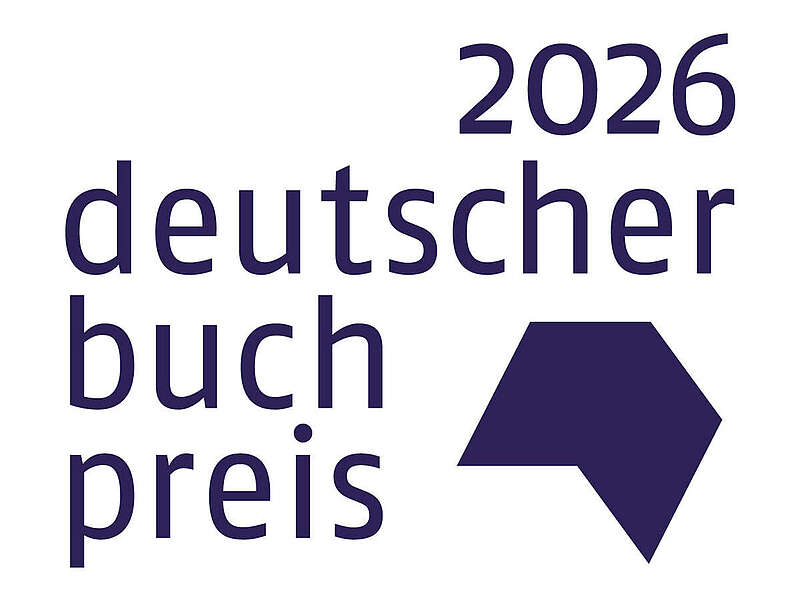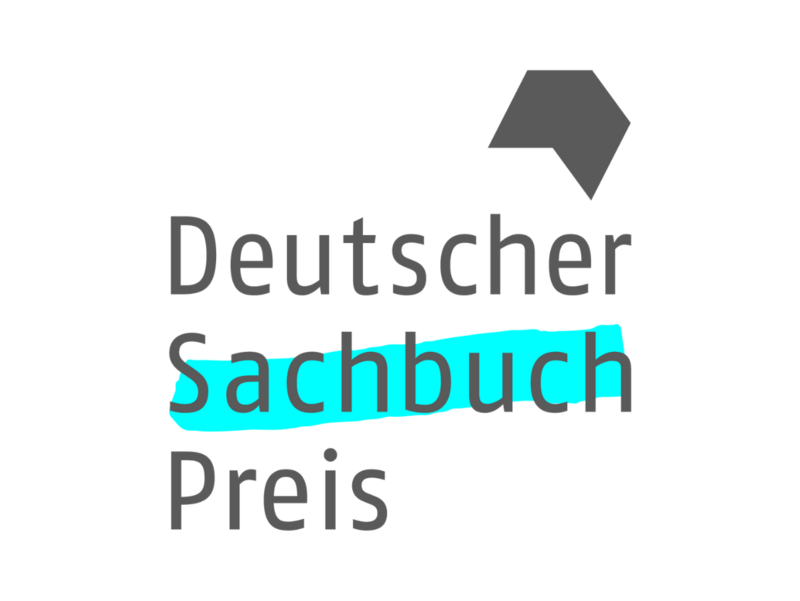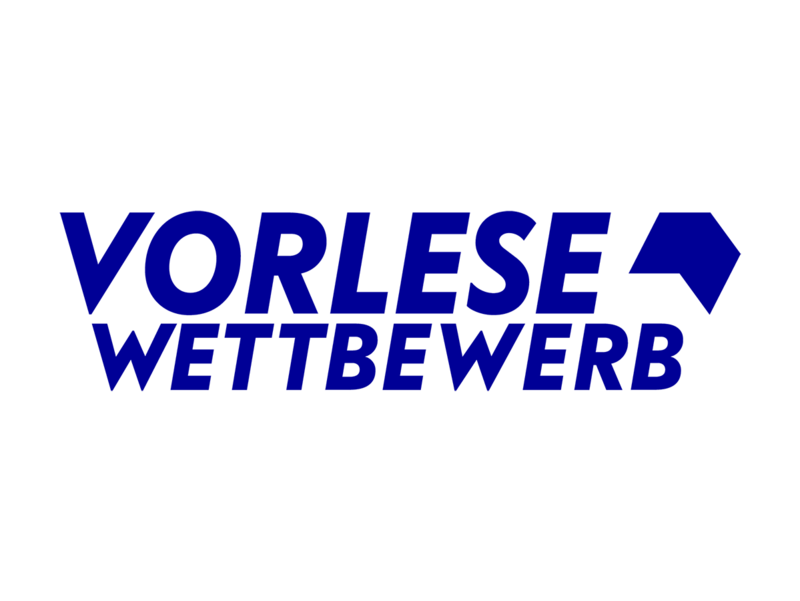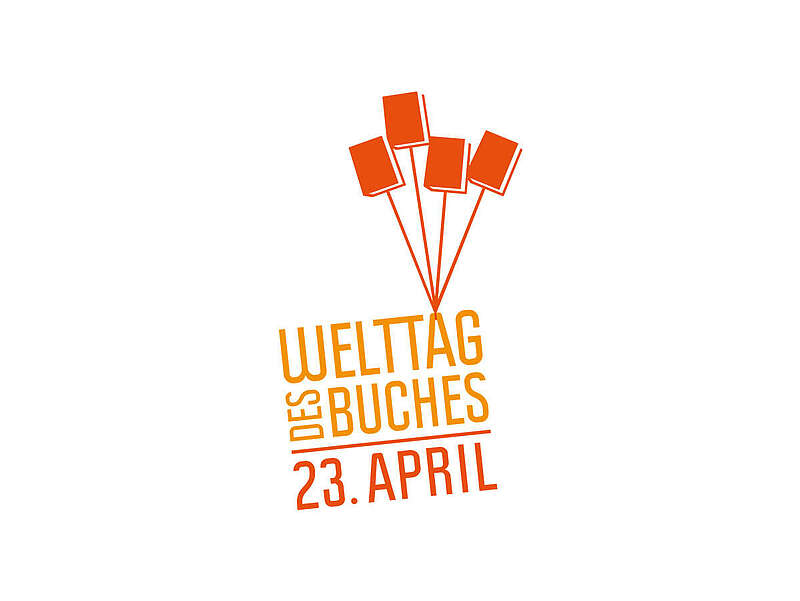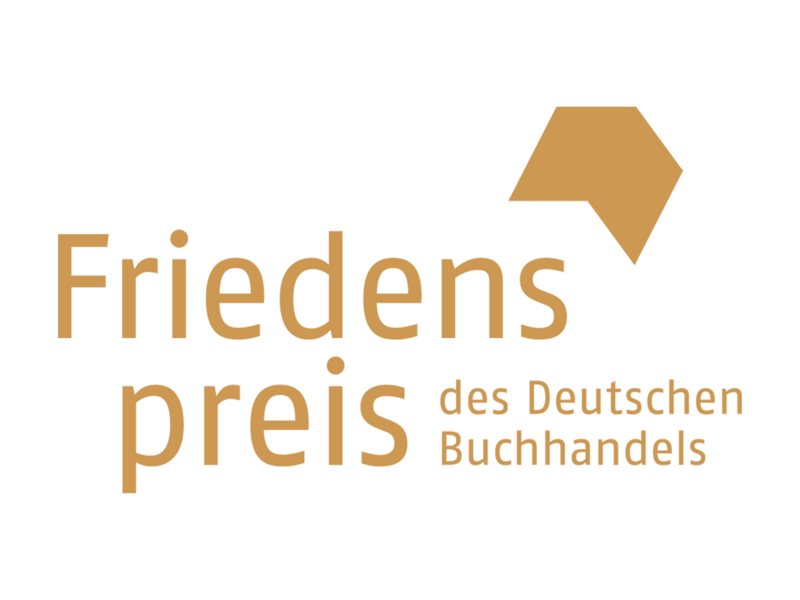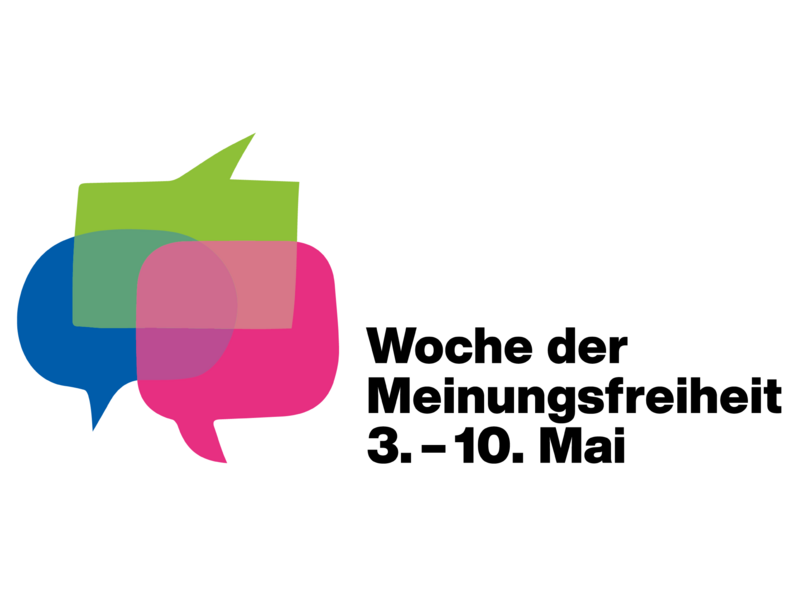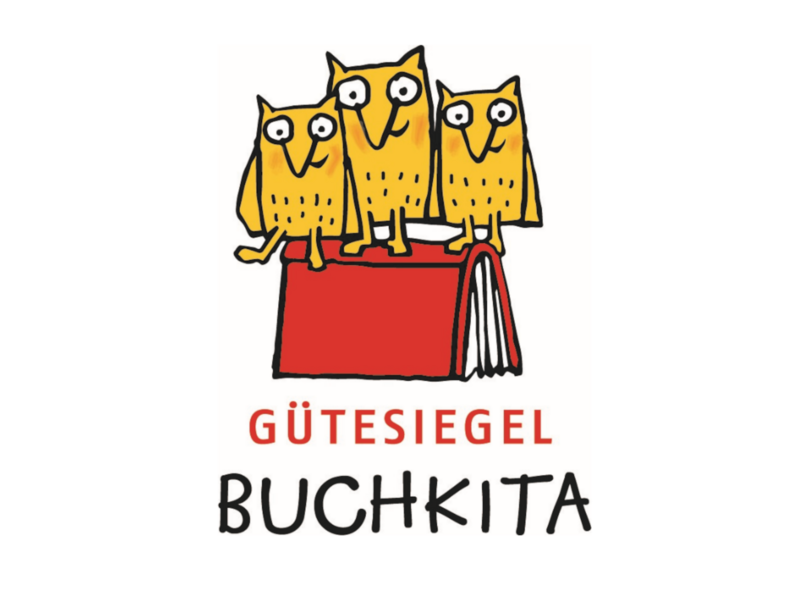Karl Schlögel to receive the 2025 Peace Prize of the German Book Trade
German historian and essayist receives the Peace Prize / Award ceremony on 19 October
Erstellt am 29.07.2025
The Board of Trustees of the Börsenverein des Deutschen Buchhandels (German Publishers and Booksellers Association) has chosen the German historian and essayist Karl Schlögel to be the recipient of this year’s Peace Prize of the German Book Trade.
Karin Schmidt-Friderichs, president of the Börsenverein and chairwoman of the Board of Trustees of the Peace Prize, issued the following statement with regard to this year’s recipient:
“In his distinguished body of work, German historian and essayist Karl Schlögel combines empirical historiography with personal experience. As a scholar and flâneur, an archaeologist of modernity and a seismograph of social change, he explored the cities and landscapes of Central and Eastern Europe long before the fall of the Iron Curtain. Through his writing, Schlögel placed the cities of Kyiv, Odesa, Lviv and Kharkiv on the mental map of his readers. He also repeatedly characterised Saint Petersburg and Moscow as European cities. His unique narrative style combines observation, insight and feeling, a blend that allows him to effectively challenge existing prejudices while also awakening our curiosity. After Russia’s annexation of Crimea, Schlögel sharpened his focus on Ukraine, inviting us to join him in reflecting on Germany’s own blind spots regarding the region. His was one of the first voices to warn of Vladimir Putin’s aggressive expansionist policies and authoritarian-nationalist claims to power. Today, Schlögel continues to affirm Ukraine’s place in Europe, calling for its defence as essential to our shared future. His enduring message is both clear and urgent: Without a free Ukraine, there can be no peace in Europe.”
Karl Schlögel is considered one of the most preeminent connoisseurs of Eastern Europe. Throughout his entire oeuvre, he has combined detailed observations of everyday life with a spatial approach to historiography, always seeking to enable new ways of recounting the cultural and contemporary history of Russia and Eastern Europe. With major works such as “Terror und Traum” (tr. Terror and dream) and “Das sowjetische Jahrhundert” (tr. The Soviet Century), he consistently set new standards in vivid and vibrant historical writing. He has received numerous awards, most recently the Gerda Henkel Prize 2024.
Karl Schlögel was born on 7 March 1948 in Hawangen, Bavaria, Germany. He travelled to the Soviet Union for the first time in 1966. In 1968, he was on hand in person for the Prague Spring. Schlögel studied Eastern European history, philosophy, sociology and Slavic Studies at Berlin’s Freie Universität (FU). In 1981, he received his doctorate from the FU with a dissertation on labour conflicts in the Soviet Union.
From the very beginning, the subject of everyday life in Russia and the Soviet Union was one of the key focuses of Schlögel’s work. His visits to Moscow (1982/83) and Leningrad (1987) influenced his research and many of his subsequent publications. Schlögel’s unusual approach of incorporating his own experiences and observations into his writings was already evident in one of his first works, “Moskau lesen” (1984, tr. Reading Moscow). Among the other focal points of Schlögel’s research were the traces of German history in Eastern Europe and refugee and migration movements in that same region. His was one of the earliest voices to emphasise the fact that the countries of Eastern Europe form part of the shared cultural heritage of Europe as a whole.
For his 2008 book “Terror und Traum. Moskau 1937” (tr. Terror and dream: Moscow 1937), in which he addresses the simultaneity of utopia and violence during the Stalinist era, he was awarded the 2009 Leipzig Book Prize for European Understanding. In 2017, to mark the 100th anniversary of the October Revolution, Schlögel published his monumental work “Das sowjetische Jahrhundert. Archäologie einer untergegangenen Welt” (tr. The Soviet century. Archaeology of a vanished world). The work was awarded the Leipzig Book Fair Prize. In his 2020 work “Der Duft der Imperien“ (tr.The Scent of Empires), Schlögel draws on the perfumes known as “Rotes Moskau” and “Chanel N°5” to sketch an olfactory history of the 20th century. His most recent book, “American Matrix” (2023), is an examination of the affinities and differences between the US and the Soviet Union.
Schlögel also regularly functioned as a public intellectual, charting and processing the political upheavals in the post-Soviet space. In 2014, he travelled to Ukraine to gain first-hand experience of the conflict that followed the occupation of Crimea. Since the beginning of Putin’s war of aggression against Ukraine in 2022, Schlögel has opposed any kind of historical-political justification for the belligerence. Ever since, he has distinguished himself as a vocal critic of Putin and as a strong voice in favour of a sovereign Ukraine.
Karl Schlögel has held two laudatory speeches at the award ceremonies for the Peace Prize of the German Book Trade in the past: honouring Claudio Magris in 2009, and Svetlana Alexievich in 2013. He was also a member of the Board of Trustees from 2011 to 2017.
The Board of Trustees of the Peace Prize is made up of Klaus Brinkbäumer, Dr. Peter Frey, Prof. Dr. Raphael Gross, Prof. Dr. Moritz Helmstaedter, Jo Lendle, Jagoda Marinić, Prof. Dr. Ethel Matala de Mazza, Christiane Schulz-Rother and Karin Schmidt-Friderichs.
The Peace Prize award ceremony will take place on Sunday 19 October 2025 in the Church of St. Paul in Frankfurt am Main. The event will be broadcast live on German public television (ZDF) starting at 11:00 am. The Peace Prize has been awarded since 1950 and is endowed with a sum of €25,000.
For more information, please visit Karl Schlögel - Peace Prize of the German Book Trade.
A press photo of Karl Schlögel is available for download at www.boersenverein.de/pressefotos.
Braubachstraße 16
60311 Frankfurt am Main
Telefon +49 69 13 06 292
presse@boev.de
